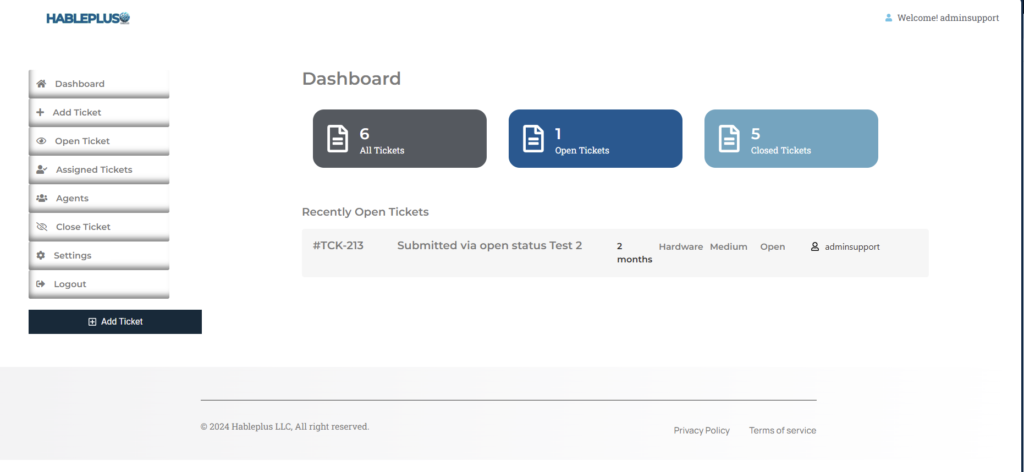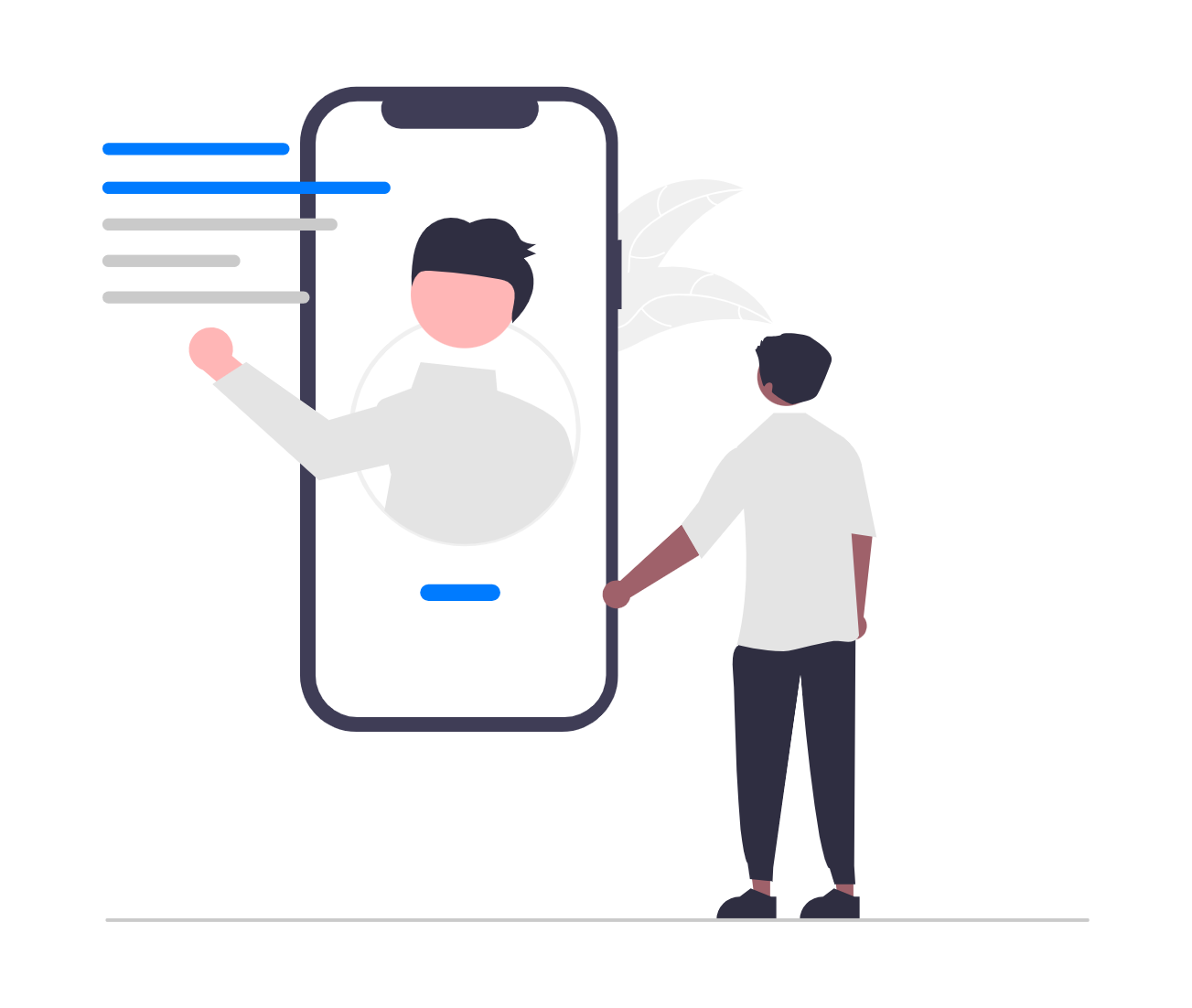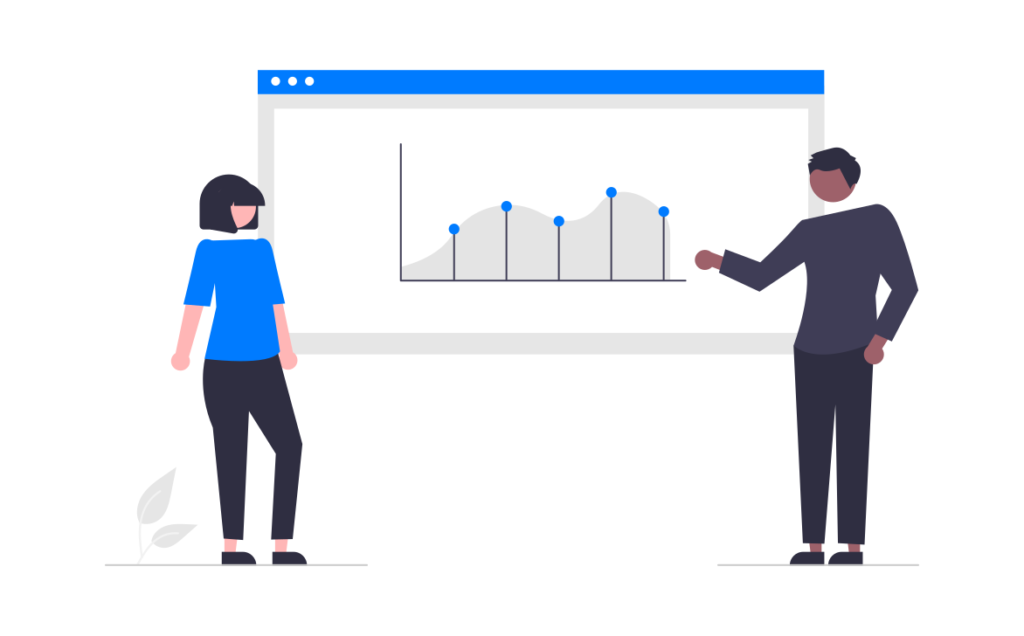In today’s competitive digital landscape, delivering exceptional IT support is more than a managed service. When it comes to IT issues, time is of the essence. A delayed response can lead to more widespread damage, especially after a cyber incident. A dedicated helpdesk can be the backbone of your IT service strategy, providing a centralized platform for managing inquiries, resolving issues, and maintaining consistently high support standards.
1. Centralized Platform for Streamlined Support
A dedicated helpdesk consolidates all support communication channels, email, chat, social media, and phone, into one unified interface to eliminate the chaos of juggling multiple inboxes and ensures every inquiry is tracked, ticket assigned, and resolved efficiently. A standard single-point ticketing system helps the support team easily access past conversations, understand a customer’s history, and deliver a more personalized and informed response in time to mitigate any potential damage.

2. Improved Response Times and Efficiency
With a centralized system, support tickets can stay intact. A dedicated helpdesk support empowers your team to prioritize inquiries, set automatic notifications and reminders, and resolve issues proactively. With a proper system, response times drop, and resolution rates rise, improving customer satisfaction and reducing the risk of missed opportunities.
3. Enhanced Communication and Transparency
Customers value clear, timely information about inquiries, and our dedicated helpdesk provides automatic status updates, estimated resolution times, and easy ways for customers to track their requests. This level of transparency shows our respect for customers’ time and care about satisfaction, boosting confidence in your brand to solve short-term problems and plan for long-term success.

4. Data-Driven Insights for Continuous Improvement
Beyond managing tickets, a helpdesk platform captures valuable data on customer behavior, common complaints, and overall support efficiency to identify trends and bottlenecks by analyzing average resolution time, ticket volume, and first-contact resolution rates. These insights help guide training initiatives, highlight product or service improvement areas, and align support strategy with customer needs.
5. Scalability and Flexibility as Your Business Grows
As your business expands, so do the volume and complexity of support requests and dedicated helpdesk built to scale, allowing you to focus on running your business, integrate advanced features, and customize workflows without losing efficiency. Whether you add self-service knowledge bases, implement AI-driven chatbots, or branch out into new markets, the system adapts as you do and won’t leave you hanging.

6. Strengthening Brand Reputation and Customer Loyalty
Customers remember exceptional support, and a dedicated helpdesk ensures that no matter how many customers we serve, each receives attentive, consistent, high-quality service and expert resolution. Over time, this level of service cultivates trust and loyalty, encourages repeat business, and transforms satisfied customers into enthusiastic brand advocates.
Conclusion
Implementing a dedicated helpdesk is more than just a technical upgrade. It’s a strategic investment in dedicated support as businesses could only suffer with an in-house IT team or on-demand helpdesk support. Centralizing support improves response times, increases transparency, and allows you to gain meaningful insights to position your business to excel in customers’ eyes. In an era where people have endless options, delivering exceptional support helps set the company apart, reinforcing its reputation and driving long-term success.


